10:16
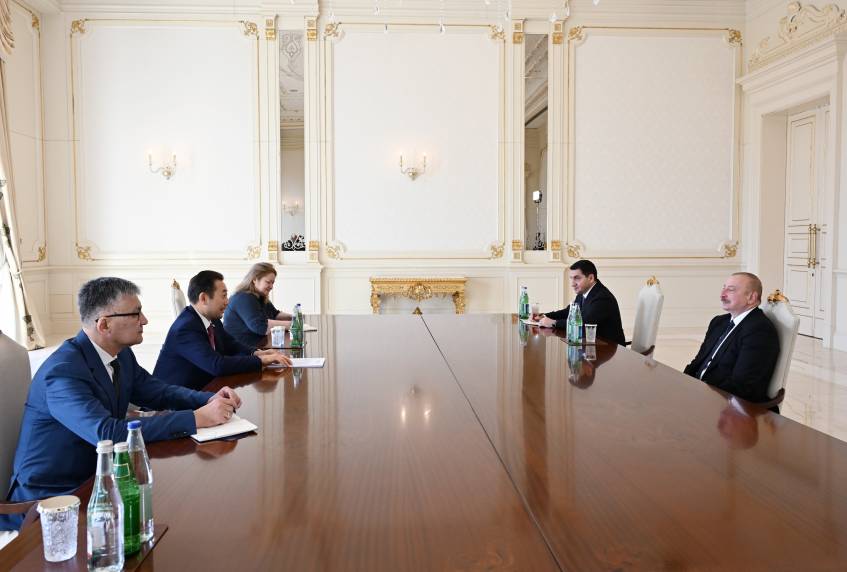
Huffington Post
30 January 2013
CHRIS PINCHER
Another week, another round of talks aimed at reaching a peace deal between Armenia and Azerbaijan, this time with both their foreign ministers meeting in Paris. The two countries have been locked in a territorial conflict over the region of Nagorno-Karabakh and seven other surrounding regions for over 20 years. Despite four UN Security Council Resolutions, Armenia has steadfastly refused to end its military occupation of the territory or allow hundreds of thousands of displaced refugees to return home.
While the peace talks under the auspices of the OSCE continue, there have recently been suggestions that the Armenian authorities in the breakaway region plan to re-open the airport at Khojaly, just outside the region's capital of Khankendi.
At first glance this might not appear to be a hugely provocative move. However, most experts suggest that the potential opening violates international law, including several provisions of the Chicago Convention - in particular, articles 1, 2, 5, 6, 10-16, 24 and 68. Legally, Khojaly airport cannot operate, as unauthorised flights through Azerbaijani airspace are not permitted without that government's sanction, and any violations could have unpredictable consequences. The International Civil Aviation Organisation (ICAO), a specialised UN agency, is also strongly supportive of Azerbaijan on this issue.
But leaving all the legal implications aside, such a step could only undermine precisely what the international community is working hard for - slow and steady progress through peace talks and confidence building measures. So it is not surprising that the international reaction to the proposed re-opening was unequivocal in its condemnation.
The American envoy to the Azeri capital Baku, Richard Morningstar, appealed against the move by saying that: "The Minsk Group co-chairs said that the parties need to abstain from steps that may affect the peace process. The opening of the airport in Khojaly may create tensions in peace talks"
Mr Morningstar was referring to an earlier statement by the OSCE Minsk Group, made up of the US, France and Russia, which is charged with leading peace negotiations. In their statement, the co-chairs expressed caution about the operation of flights to and from the Khojaly airport, saying they could not be used to support any claim of a change in the current status of Nagorno-Karabakh under international law.
A statement from the Parliamentary Assembly of the Council of Europe said Armenia's actions could damage the negotiated process on peaceful settlement, thus straining the tense situation in the region. The Norwegian foreign minister, who visited the region recently, was even more forthright in his warning: "Norway condemns carrying out flights from this airport. Armenia must not resort to provocative action."
The proposal to open the airport may have as much to do with low politics as high principle: Armenian President Serge Sarkisian is running for re-election in February and the announcement will certainly make for good headlines in Yerevan.
But Azerbaijan's indignant reaction, and the ensuing war of words, has only reignited existing tensions in the region. And as a member of the Commons Energy Select Committee I know how important Azerbaijan is to Europe's energy security, especially in the wake of the infamous Russo-Ukrainian gas rows. Should these latest tensions spiral into full-scale conflict, the consequences will be felt not just by the Caucasus region, but by the whole of Europe. And as we live in a world of complex economic interconnections, those consequences could easily wash up on British shores.
There is, however, another reason why Azerbaijan feels hurt at Armenia's plans. The airport in question is located at the site of the most notorious massacre in the 1988-1994 conflict when, on the 26th February 1992, 613 civilians of the town of Khojaly were massacred by Armenian forces.
No one disputes the right of civilians to free movement. But surely the right time to start talking about re-opening the airport is once the hostilities are over, and when the people who were expelled from their homes and who currently languish in displaced person camps are given the chance to return to their homes. Only then can normality, and freedom, return to this troubled region.

Aleksandar Vučić, President of the Republic of Serbia, made a phone call to the President of the Republic of Azerbaijan Ilham Aliyev, on April 16, briefing him on the pressures Serbia has been encountering recently and requesting the support of the friendly...
16 April 2024, 20:36Dear Mr. Pellegrini,
I sincerely congratulate you on your election as the President of the Slovak Republic.
The development of friendly relations with Slovakia holds great significance for us. Currently, there are good opportunities for enriching the...
15 April 2024, 13:06Prime Minister Muhammad Shehbaz Sharif of the Islamic Republic of Pakistan made a phone call to President Ilham Aliyev of the Republic of Azerbaijan on April 9.
Pakistan's Prime Minister congratulated the head of state on the occasion of Eid al-Fitr and wished...
09 April 2024, 19:52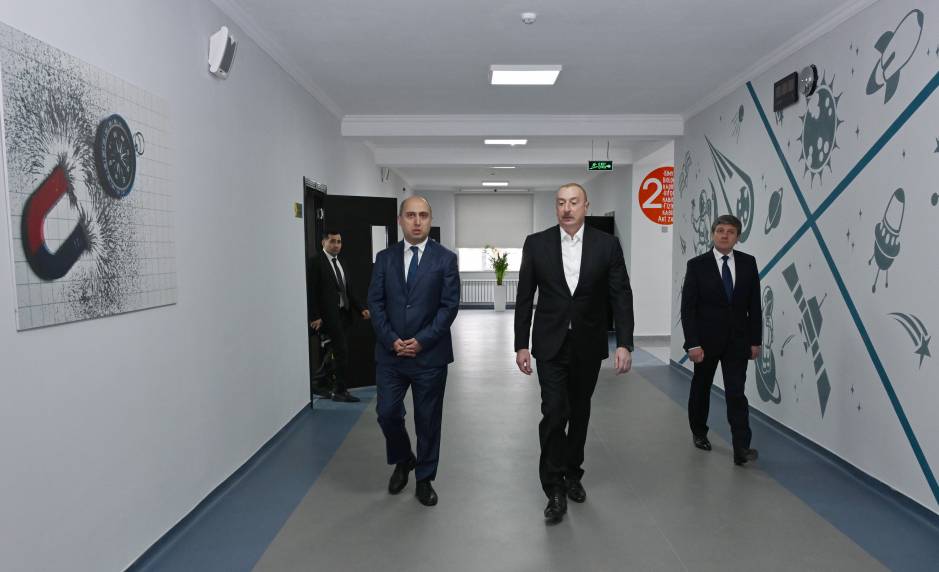
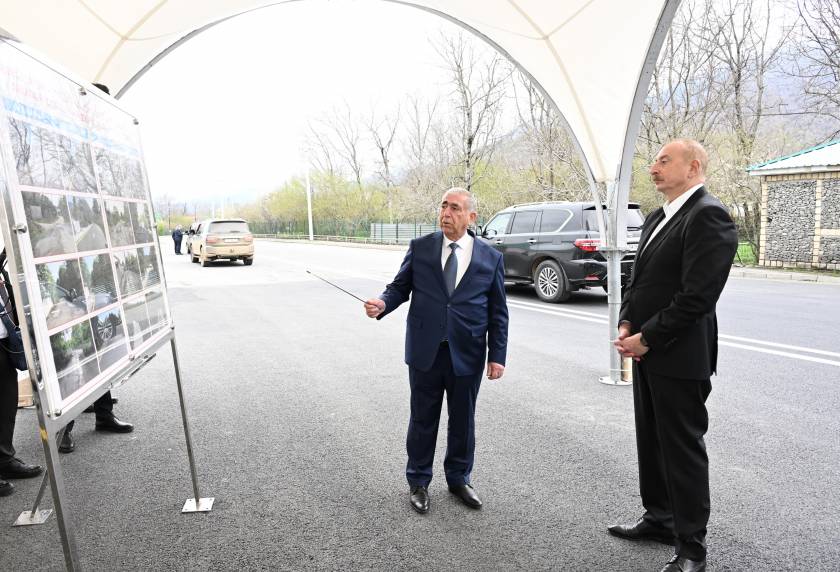
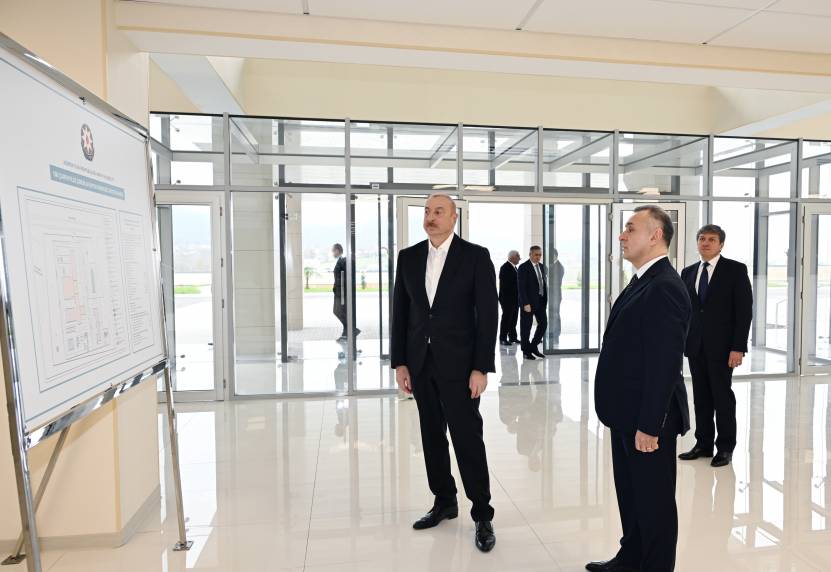
On April 9, President Recep Tayyip Erdogan of the Republic of Türkiye made a phone call to President Ilham Aliyev of the Republic of Azerbaijan.
The President of Türkiye congratulated President Ilham Aliyev on the occasion of Eid al-Fitr and wished the people of...
09 April 2024, 15:39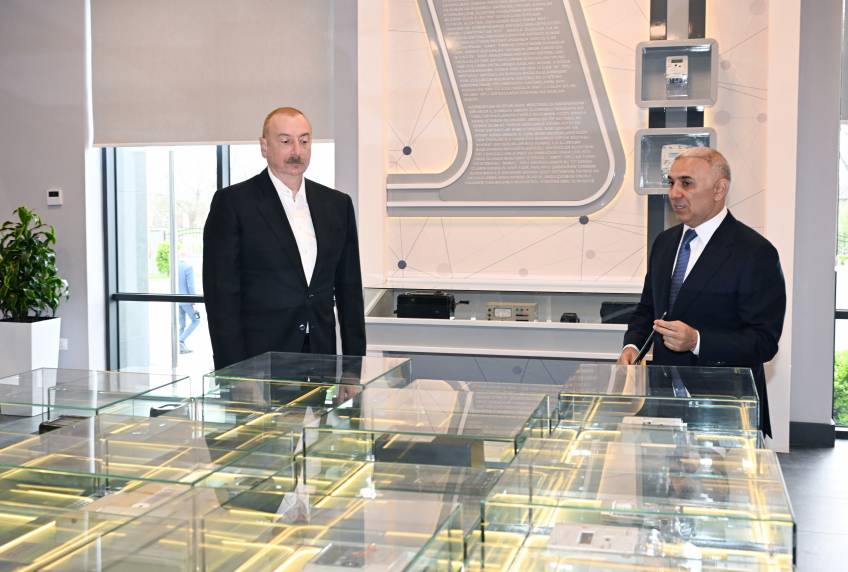
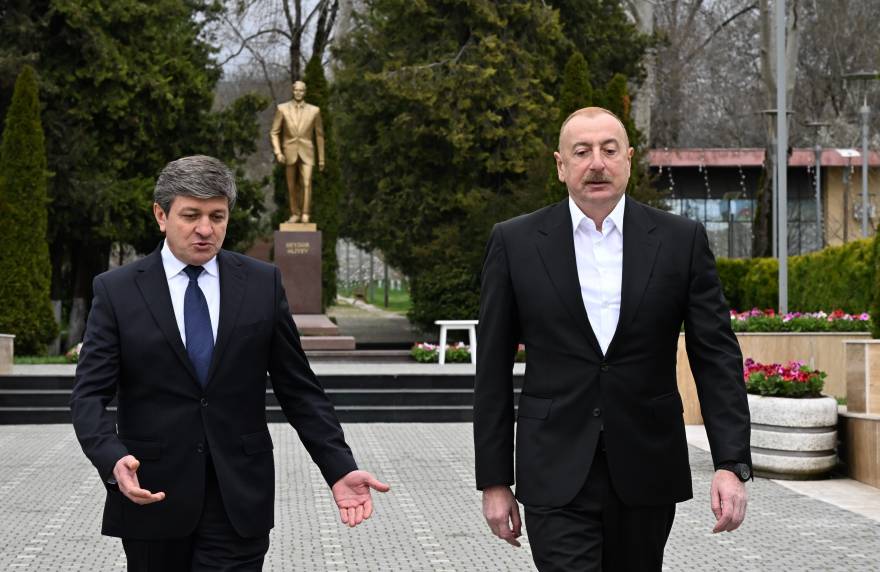
President of the Republic of Azerbaijan Ilham Aliyev has toured the Qabala district.
The head of state visited the monument to National Leader Heydar Aliyev erected in the city of Qabala and participated in the opening ceremonies of the 110/35/10 kV "Hajialili"...
09 April 2024, 15:14